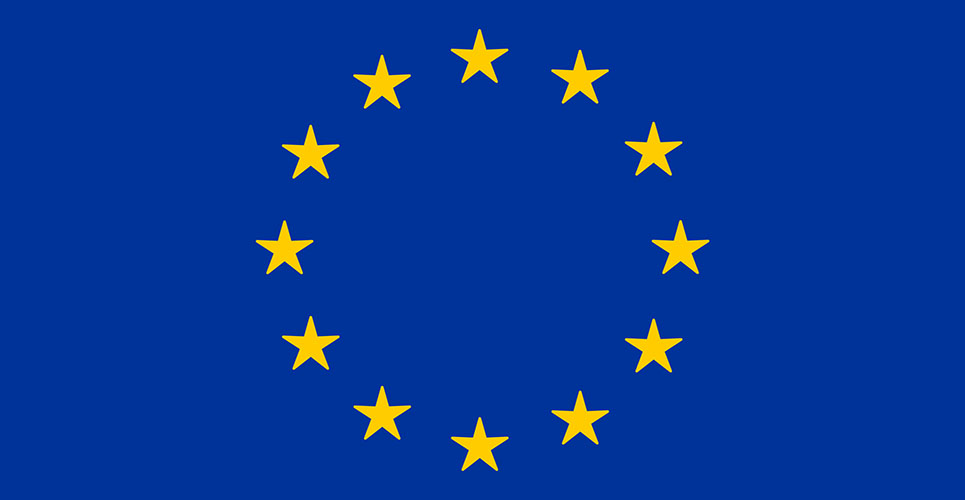teaser
Pharmacy, a profession long established in Croatia, is confronting many new challenges: quality standards, the position of hospital pharmacists, enforcing scientific practice and developing education and services
Danijela Huml
MPharm
Professional Associate
Vladimir Grdinic´
PhD
Newsletter Editor
Croatian Chamber of Pharmacists
Zagreb
Croatia
Events in Croatia have always been strongly influenced by politics. Pharmacy is no exception: it developed because certain rulers allowed the influx of knowledge and practitioners. Croatia’s first pharmacy was set up in 1271, in the port of Trogir. Others followed: in Dubrovnik (1317), Zagreb (1355), then Dubrovnik’s Domus Christi hospital pharmacy (1420). In 1377, the then Dubrovnik Republic instituted what is said to be the world’s first antiepidemic measure.
Pharmacy in Croatia developed considerably in the 18th and 19th centuries. Landmarks include the establishment of the first professional organisation (1858), and of pharmaceutical studies at Zagreb University (1882), the passing of the Pharmacy Act (1894), and the establishment of Zagreb University’s Department of Pharmacogolog (1896) – again, said to be the first unit of its kind in the world. The development of the drug industry also significantly influenced that of pharmacy
practice, with the establishment of the Thierry factory in Pregrada (1893), the Isis wholesale pharmacy (1918) and the Kemika and Kaštel factories in Zagreb (1919) and Karlovac (1921). Between 1947 and 1991, pharmacies were exclusively state-owned.
The Republic of Croatia is a young country that is part of the central European and Mediterranean worlds. It gained independence from the former Yugoslavia after a parliamentary decision in 1991. Covering 56,542 km2, it has 4.4 million inhabitants, 87% Roman Catholics, with a high literacy rate (98.5%) and one medical doctor per 430 inhabitants.
Privatisation of the pharmacy sector has been ongoing since 1991, with new pharmacies continually opening. There are some 2,100 pharmacists undertaking public pharmacy work and 110 undertaking hospital pharmacy activities in 960 community and 52 hospital pharmacies. About 63% of community pharmacies are in private ownership, 23% are state-owned and 14% are under private lease. On average, there are two
pharmacists per pharmacy.
Pharmacists must undertake continuous professional development to retain a licence for independent practice from the Croatian Chamber of Pharmacists. This is one of two national professional bodies, the other being the Croatian Pharmaceutical Society.
[[HPE39.41]]
Pharmacy can be studied at the Faculty of Pharmacy and Biochemistry at Zagreb University. New clinical subjects have been introduced at undergraduate level following the Bologna Process – an agreement aimed at harmonising European academic and quality assurance standards. There is currently no postgraduate education in clinical, hospital or community pharmacy in Croatia, but scientists and pharmacy practitioners
are designing new postgraduate programmes in:
- Analysis and control of medicinal products.
- Pharmaceutical technology.
- Clinical (hospital and community) pharmacy.
Pharmacists in community and hospital pharmacies are responsible for drug supply, dispensing, compounding
(including quality control), adverse reaction reporting and providing information to health professionals and the public. Hospital pharmacists are not part of hospital teams and do not work on wards.
A system of dispensing unit-dose therapy was set up in the heart surgery ward at Zagreb’s Dubrava Hospital in 1996, and this form of clinical practice has yielded a marked fall in drug consumption. Community pharmacists deliver some advanced services, including waste medicine disposal, out-of-hours services, and blood-pressure and weight measurement.
Pharmacists in Croatia are facing new challenges: to create quality standards; to legally redefine the position of hospital pharmacists; to enforce scientific practice in everyday pharmacy; to organise education; and to develop public health services. These challenges can be met via national and international cooperation of practitioners, scientists and industrialists.

